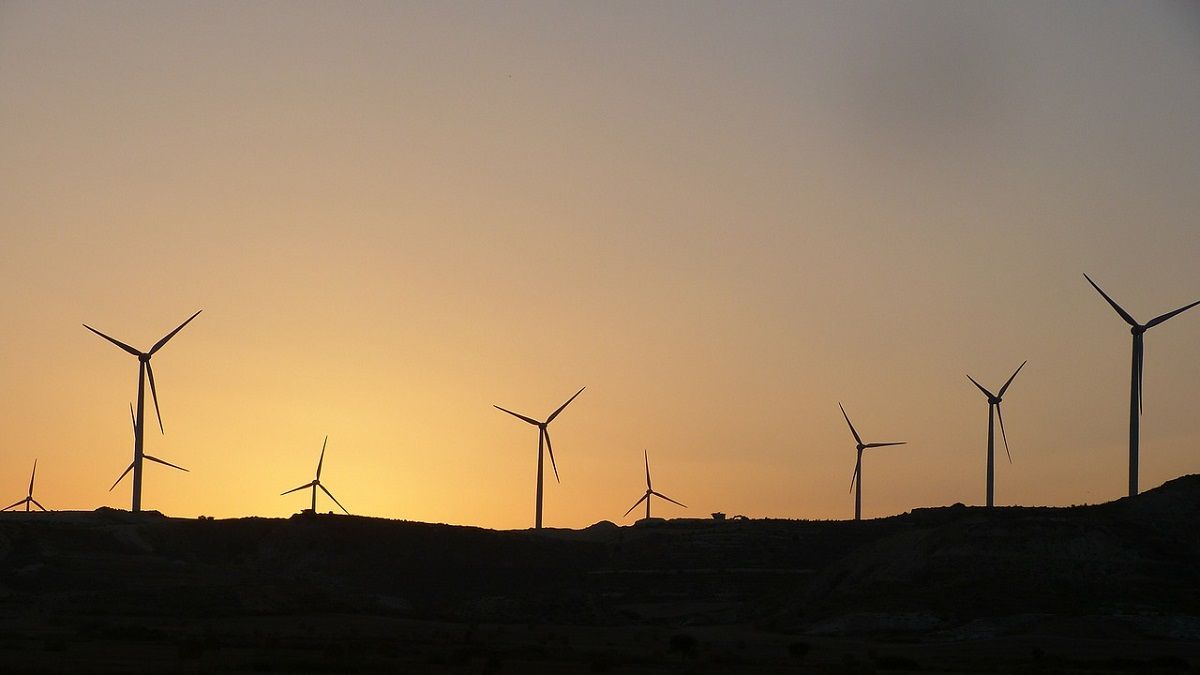Political heavyweights around Europe have been signalling a shift towards renewable energy infrastructure investment on the continent.
Last Thursday, the European Commission (EC) said that the Eiffel Investment Group and the European Investment Fund (EIF) were lining up to launch a fund designed to provide equity bridge financing for renewable energy infrastructure assets in Europe, with the EIF committing €75m. The fund is targeting €500m.
That news was followed by speeches on 11 and 15 November by Fabio Panetta, member of the board of the European Central Bank (ECB) and Ursula von der Leyen, president of the EC, respectively. They highlighted a need for investment in Europe’s infrastructure.
Panetta said: “Today I will argue that our response to the new shocks we are facing should include measures to make up for the lack of public investment in the period between the global financial crisis and the start of the pandemic. Specifically, we should aim to boost investment to fulfil objectives, such as energy security and the green transition, which constitute European public goods. This could take the form of a European fiscal capacity dedicated to investment that would build on the experience of NGEU.”
Panetta drew attention to what he said had been a marked decline in public investment across the continent. He said that this was not limited to public investment alone, citing that the non-financial corporate sector in Europe had been a net lender, suggesting that firms had also not invested enough. But Panetta added that the decline in public investment had been more pronounced.
He said: “Before the global financial crisis gross public investment levels were at around 4% of GDP. But after the sovereign debt crisis, public investment tumbled by more than one percentage point. When accounting for the depreciation of capital stock, net public investment fell from about 1% of GDP in 2010 to around 0% in 2013. It hovered around that level until 2019 and even turned negative between 2014 and 2017. Euro area governments invested around €500bn less in the 2011-19 period compared with the 2000-09 pre-crisis period. Net public investment in the euro area during the 2011-19 period was the lowest of the advanced economies, with the exception of Japan.”
Von der Leyen’s speech on Tuesday, given at the G20 summit in Sharm El Sheikh, pointed to the demand that she said the EC is seeing for more investment in infrastructure.
She said: “We see an enormously rising demand for renewable energy, and this is a good example. As I said, Europe has decided to completely diversify away from the Russian fossil fuels and we want to leapfrog to clean energy. We need this clean energy. Not only to have it home-grown but also to import it. Our partners in the Global South have an abundance of clean energy potential and resources.
“So Europe could turn into the world’s largest market for their energy exports. What is necessary is investment and infrastructure. That is where we have to team up. So here are some example: At COP27, we have signed hydrogen partnerships with Namibia, Egypt and Kazakhstan. With Namibia, we are building transport corridors from the Indian Ocean to the Atlantic port of Walvis Bay,” von der Leyen added.







